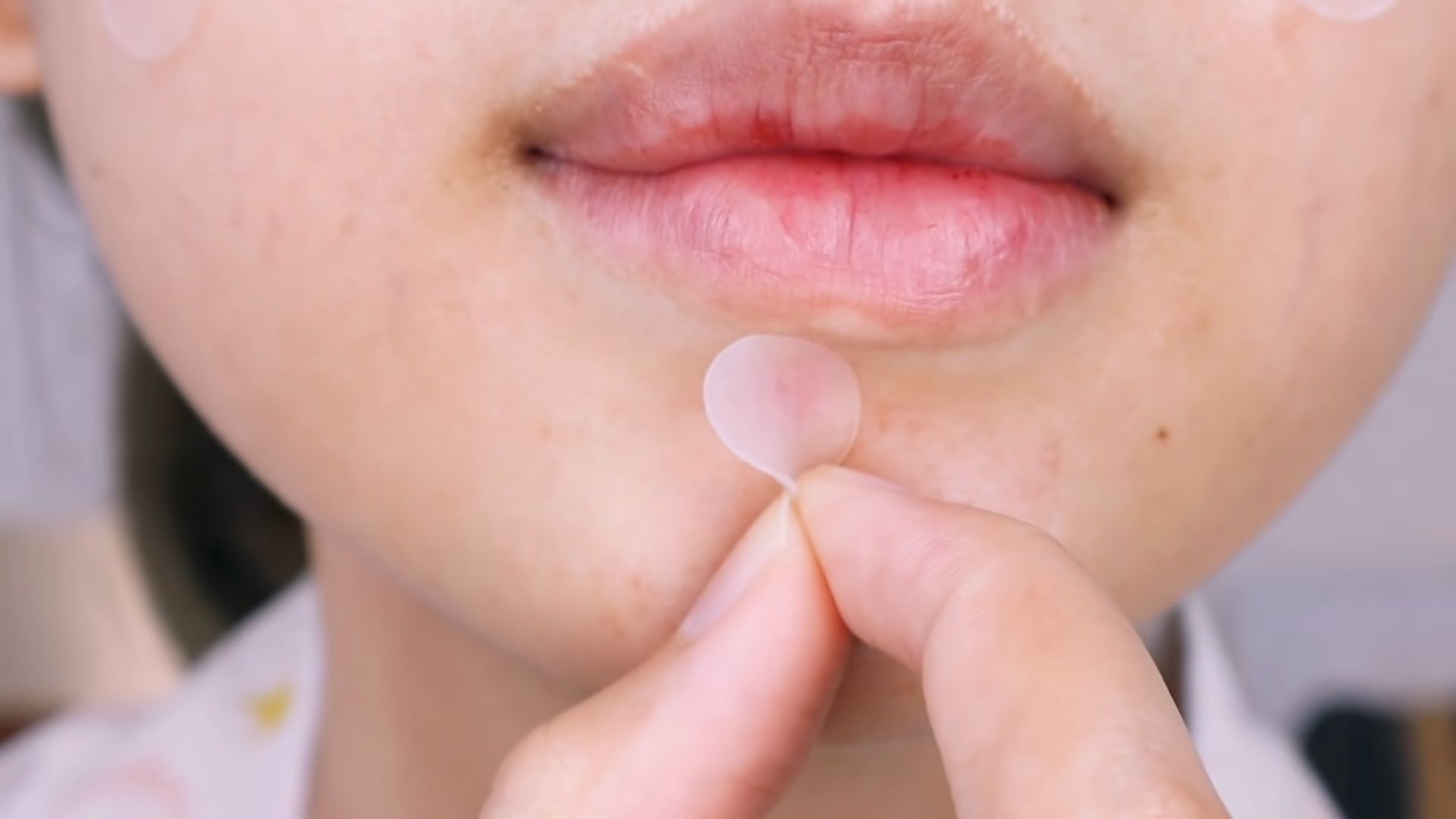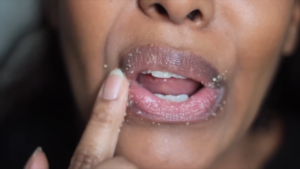Uncovering Acne Culprits: Uncovering the Role of Excess Oil, Clogged Pores, Bacteria, and Hormones
Acne, a common skin condition, can be a source of frustration and discomfort for many people. Understanding the underlying causes is critical to effectively managing and preventing acne. This article will reveal the important role of the four main culprits in acne: excess oil, clogged pores, bacteria, and hormones.
- Excess Oil (Sebum)
The sebaceous glands in the skin produce sebum, a natural oil that functions to moisturize and protect the skin. However, excessive sebum production can clog pores and create an ideal environment for bacterial growth.
- Clogged Pores
Pores are small holes in the skin that allow sebum and sweat to escape. When pores are blocked by dead skin cells, bacteria, and excess sebum, comedones (whiteheads and blackheads) can form. These blackheads can develop into inflamed pimples.
- Bacteria
Propionibacterium acnes (P. acnes) is a bacterium that usually lives on the skin without causing problems. However, when pores are blocked, these bacteria can multiply and release enzymes that break down sebum into fatty acids. These fatty acids irritate the skin and cause inflammation, which manifests as acne.
- Hormones
Hormones, especially androgens, play an important role in the development of acne. Androgens stimulate the sebaceous glands to produce more sebum. During puberty, androgen levels increase, which can lead to increased sebum production and acne.
Actor Interaction
These four actors interact with each other to create an environment that favors the development of acne:
Excess oil clogs pores, creating an ideal environment for bacteria.
Bacteria release enzymes that irritate the skin and cause inflammation.
Hormones increase oil production, which further clogs pores and makes acne worse.
Addressing Perpetrators
Treating acne targeting these four culprits:
- Reduce oil production: Use gentle cleansers, oil-free moisturizers, and topicals containing retinoids or salicylic acid.
- Clean pores: Exfoliate regularly to remove dead skin cells and dirt that clog pores.
- Kill bacteria: Use topical or oral medications containing antibiotics or benzoyl peroxide.
- Regulating hormones: For severe cases of hormonal acne, a doctor may prescribe medications such as oral contraceptives or anti-androgens.
Conclusion
Acne is a complex skin condition caused by the interaction of excess oil, clogged pores, bacteria, and hormones. By understanding the role of each of these actors, we can develop effective treatment strategies to manage and prevent acne. Consultation with a dermatologist is essential to determine the best treatment based on individual needs. With proper treatment, acne can be controlled, thereby improving self-confidence and overall well-being.








